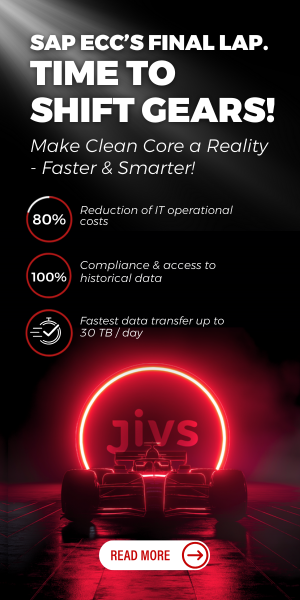The upcoming Corporate Sustainability Reporting Directive (CSRD) is a new European Union legislation that requires all large companies in the EU to publish regular reports on their environmental and social impact activities, encouraging the development of more responsible business approaches.
Starting from January 1, 2025, the new arrangements are expected to be challenging for organizations as data collection and third-party auditing require significant time and resources. ESG reporting requirements, such as the CSRD, are coming on the horizon to encourage organizations’ focus on sustainability.
But as ESG reporting is complex, requiring data from multiple sources such as ERP, sustainability systems, customer relationship management, and HR management, there is an added complexity if these systems were previously siloed. Such disjointed systems and inefficient processes could be seen as limiting an organization’s ability to provide ESG transparency and accountability to stakeholders.
In light of the new legislation, insightsoftware has launched its Environmental, Social and Governance (ESG) solution to support organizations throughout their sustainability journeys. As more businesses are to be impacted by the upcoming Corporate Sustainability Reporting Directive (CSRD) requirement, the global provider of reporting, analytics and performance management solutions, announced the end-to-end solution, insightsoftware ESG, to support these strides.
“New ESG mandates are forcing organizations to move from a voluntary to a statutory framework, which often requires capturing and reporting on entirely new data types. As a result, inconsistent ESG reporting can lead to missed deadlines, increased costs, compliance risks and reputational damage,” said Monica Boydston, general manager of controllership at insightsoftware.
For this reason, insightsoftware’s modular solution aims to simplify and automate ESG reporting, improving visibility and saving time by enabling businesses to collect, consolidate and analyze ESG data from any source and create compliant reports at a faster speed. Some of its key features include streamlining data collection and consolidation, alongside compliance and filing, simplified workflows and future-proof flexibility.
As organizations are required to provide verifiable data on their ESG performance, more solutions are created to help with an array of reporting standards and frameworks with solid data integrity. One such tool gaining momentum is Oracle’s ESG Reporting & Planning Solution which was designed to integrate ESG data from multiple sources, providing a unified platform for transparent reporting. Leaning on Oracle EPM, organizations can benefit from transforming raw data into meaningful ESG metrics to help inform their decision-making and reflect their sustainability pledges.
Similarly, insightsoftware ESG can be seen on a mission to help deliver reporting requirements to internal and external stakeholders, “demonstrating commitment to their sustainability efforts and effectively utilizing their ESG data as a strategic driver for organizational growth,” Boydston said.
Beyond just the CSRD, companies will increasingly need to communicate their ESG performance effectively and in a way that resonates with these stakeholders without delays or putting reputations at risk, so organizations can use all the data and reporting help they can get.






